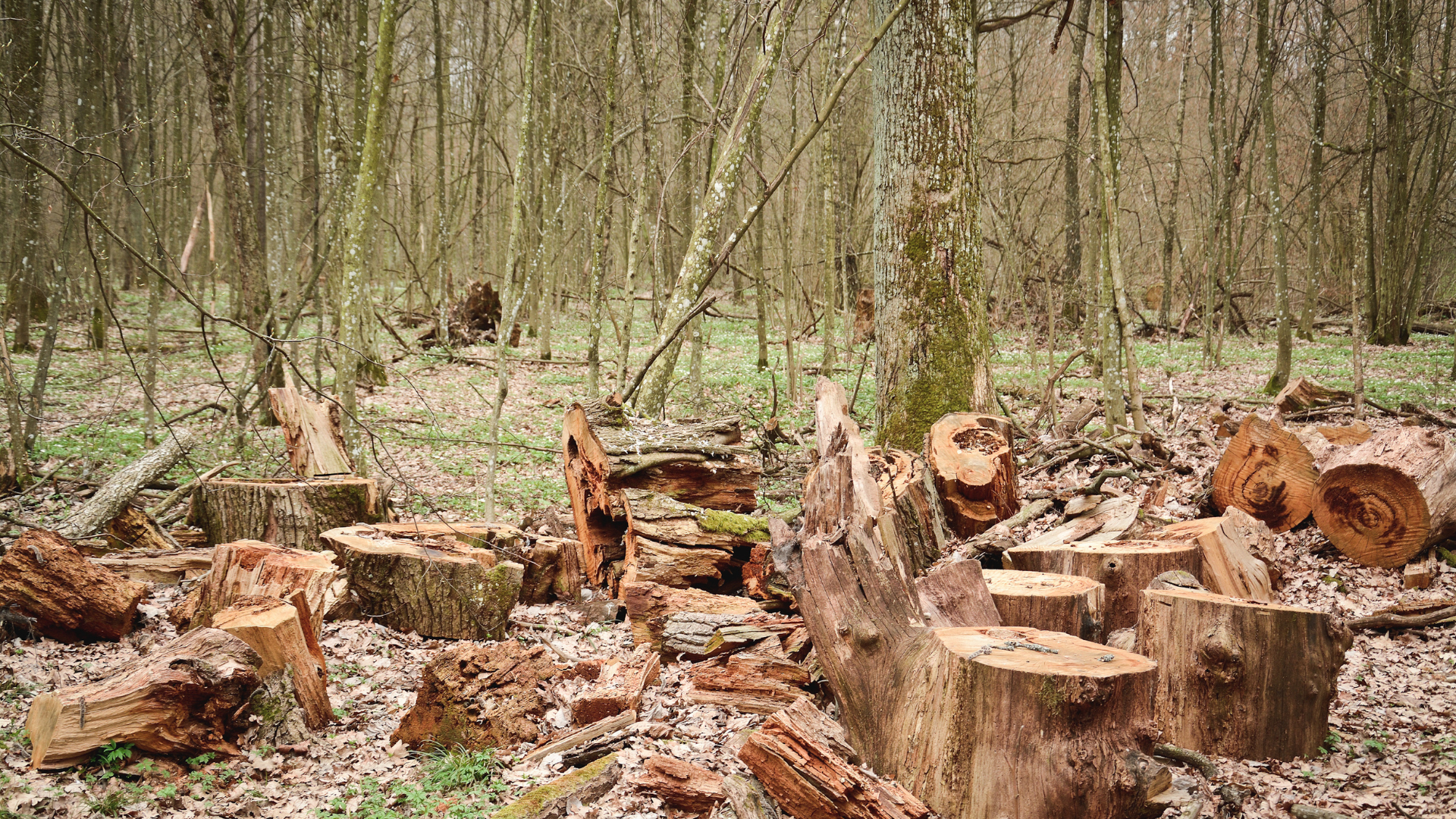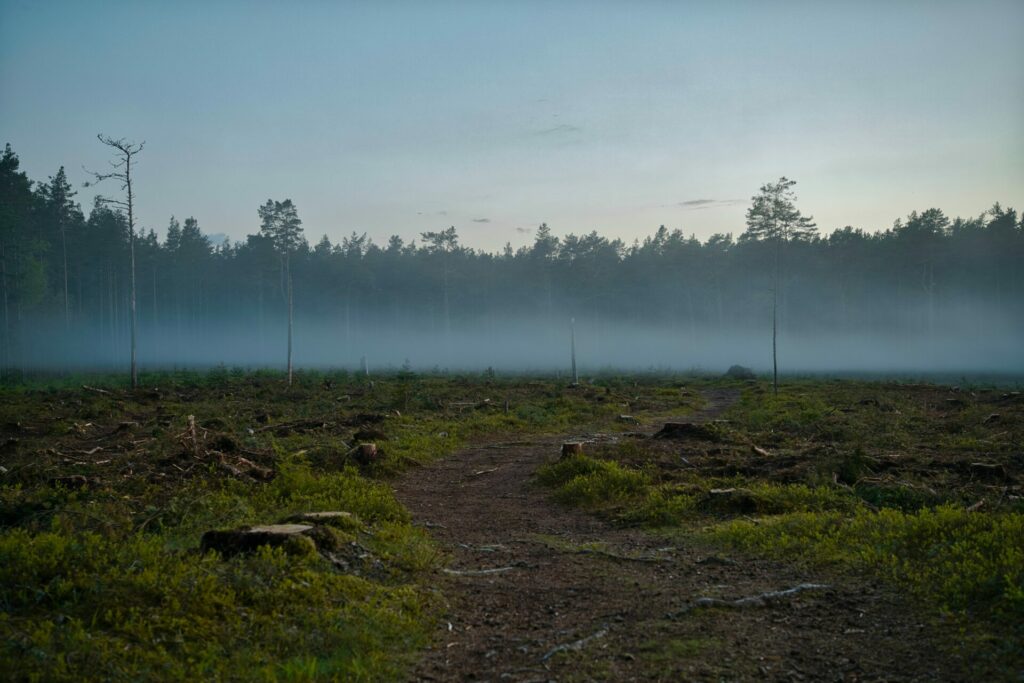The European Parliament wants to see a stricter approach to deforestation. A large majority voted in Strasbourg today for an increase in the number of products that will be covered by the new rules, which require companies to ensure that products do not come from deforested or degraded land.
European consumption is responsible for 16% of global deforestation through imports. This makes the European Union the second largest destroyer of tropical forests after China, according to WWF. Against this background, the European Commission has proposed introducing a duty of care for companies. They must verify that products sold on the European market were not produced on deforested or degraded land.
Products included in the proposal
The Commission’s proposal covered livestock, cocoa, coffee, palm oil, soya and wood, including products containing these commodities or used in the production process (e.g. leather, chocolate, furniture, etc.).
MEPs want to add pork, sheep and goats, poultry, maize, rubber, charcoal and printed paper products to that list and expand the field of application to “other wooded lands”. That should also offer more protection for less densely wooded areas, explains Saskia Bricmont (Ecolo). However, the Greens regretted that this protection was not extended to all ecosystems.
Related News
- Amazon forest burns more quickly than ever, EU complicit
- WWF: Belgium among major importers of deforestation products
In addition, EU parliamentarians also demanded for additional obligations for banks to ensure that their activities do not contribute to deforestation. “We say: don’t just focus on the producers, but also on the capital, which makes this destruction of biodiversity possible. If we don’t do that, a large part of the cause remains untouched,” says Sara Matthieu (Groen).
The position was adopted by a majority of 453 to 57 with 123 abstentions, but that does not mean that the forthcoming negotiations with Member States and the Commission will be easy. Member States have already established their position. They were then sharply criticised by environmental groups such as Greenpeace and WWF, who denounced that a large part of Europe’s forests would thus remain unprotected and the harmful forestry practices would continue.

Credit: Canva
The Commission is also concerned about an extension of the field of application. “We need to make progress step by step, rather than overload the system and risk failure,” said Environment Commissioner Virginijus Sinkevicius. He is waiting for analyses to show that the other products are indeed those with which the EU contributes most to deforestation.
The European Commissioner also underlined the burden on economic operators. Against this background, Christophe Hansen, the Luxembourg Christian Democrat who has to steer the file through parliament, argues for economic and technical support for smaller farmers.
One of the advantages of the new regulation, adds Belgian MEP Tom Vandenkdelaere (CD&V), is that Europe will also eliminate all competitive disadvantages for those who already work with certificates, such as socially responsible soy cultivation.
Marie Arena (PS) argues that the regulation should also protect the rights of indigenous peoples and environmentalists. She points out that more than 1,540 murders of these activists have been recorded in the past decade, mainly in the Amazon region and Indonesia.

